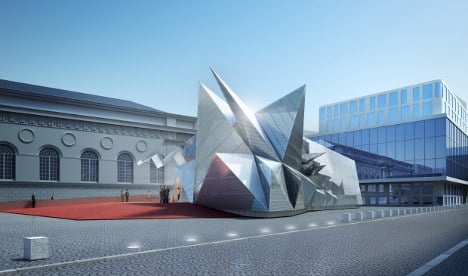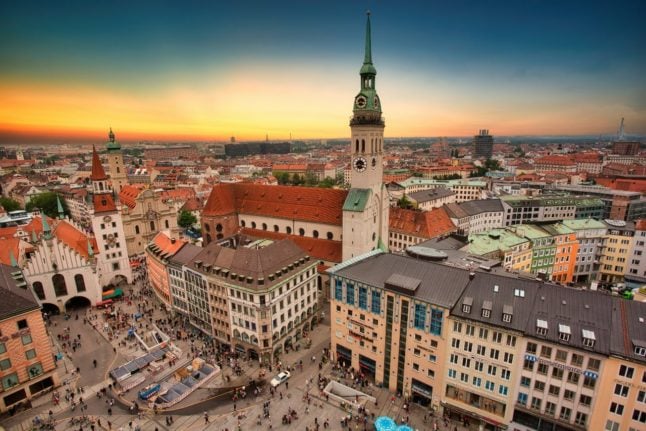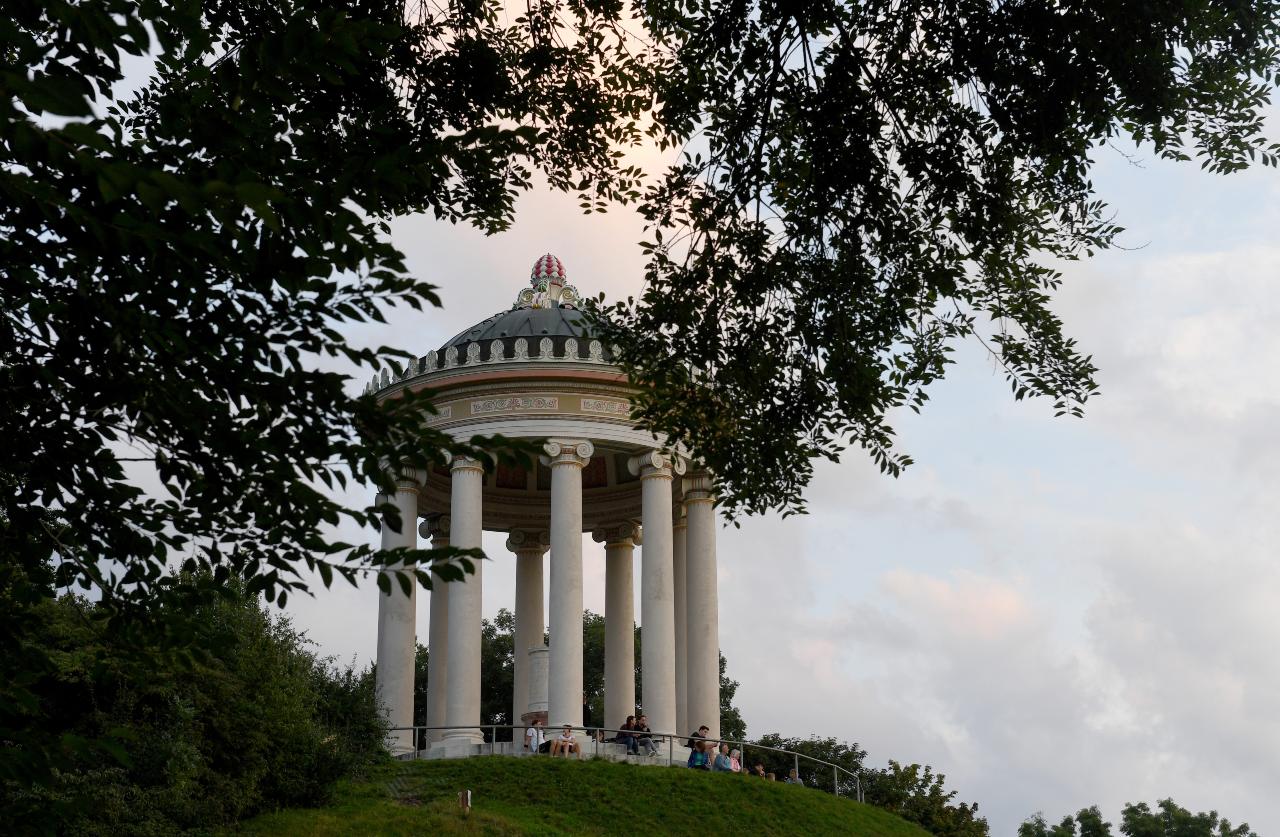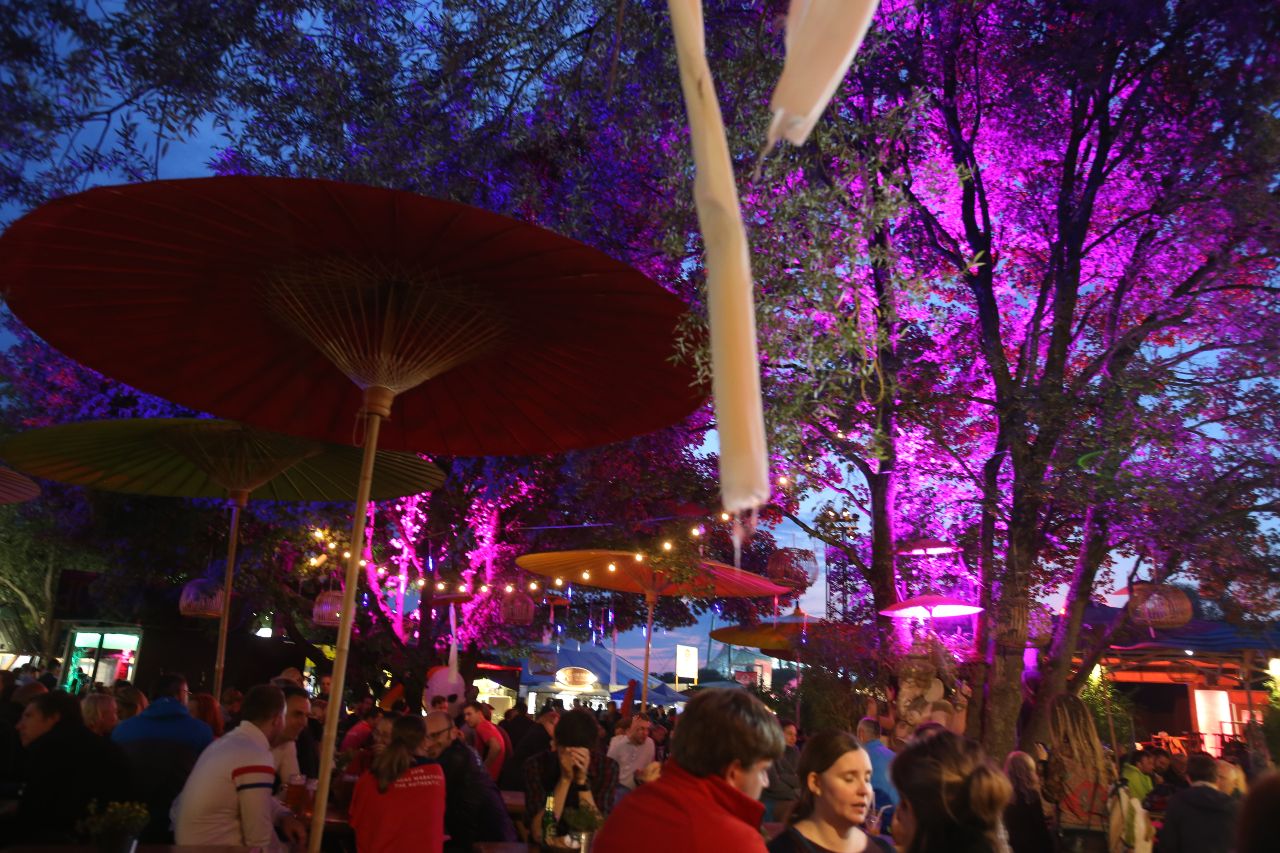The €2.1 million “Pavillion 21,” which seats 300 people, will host its first performances during the Munich Opera Festival in the summer of 2010.
The futuristic-looking building has perforated, sloping aluminium walls with a “crystalline outer skin.” The inside is similarly angular and includes a lobby and a large stage, though the main auditorium was deliberately free of clutter because it was meant to house experimental performances, said Nikolaus Bachler, Bavarian State Opera director.
Gleaming spikes on the outside the opera house were based on a computer space modelling of the musical tones of songs by the late American guitar hero Jimmy Hendrix, explained architect Wolf Prix of the firm Coop Himmelb(l)au. This meant it had “form synthesised with function,” he said.
It is being built in collapsible modules that can be dismantled and fit in a shipping container, said Bachler.
As futuristic as it looks, the philosophy behind the portable building is actually more a throwback to olden times when travelling players roamed from town to town, staging shows, the opera’s spokeswoman Susanne Lutz told The Local.
“The theatre goes to the people rather than the people having to come to the theatre,” she said. “That’s very much the idea that is being reflected here – a time when music and theatre was predominantly on the road.
“It’s known as ‘theatre of the world’ and it’s very popular at the moment,” she added.
For its first performances – a new production by German director Christoph Schlingensief – Pavillion 21 will be erected in Marstallplatz, a square behind the main opera building in Munich.
It will then return every summer for the festival. For the rest of the year it will be available to travel the world and can be hired out to other opera and theatre companies.
Pavillion 21 would be a “place of investigation, experiment, laboratory work and risk,” in which “different forms of communication” could be tried, said Bachler.






 Please whitelist us to continue reading.
Please whitelist us to continue reading.
Member comments